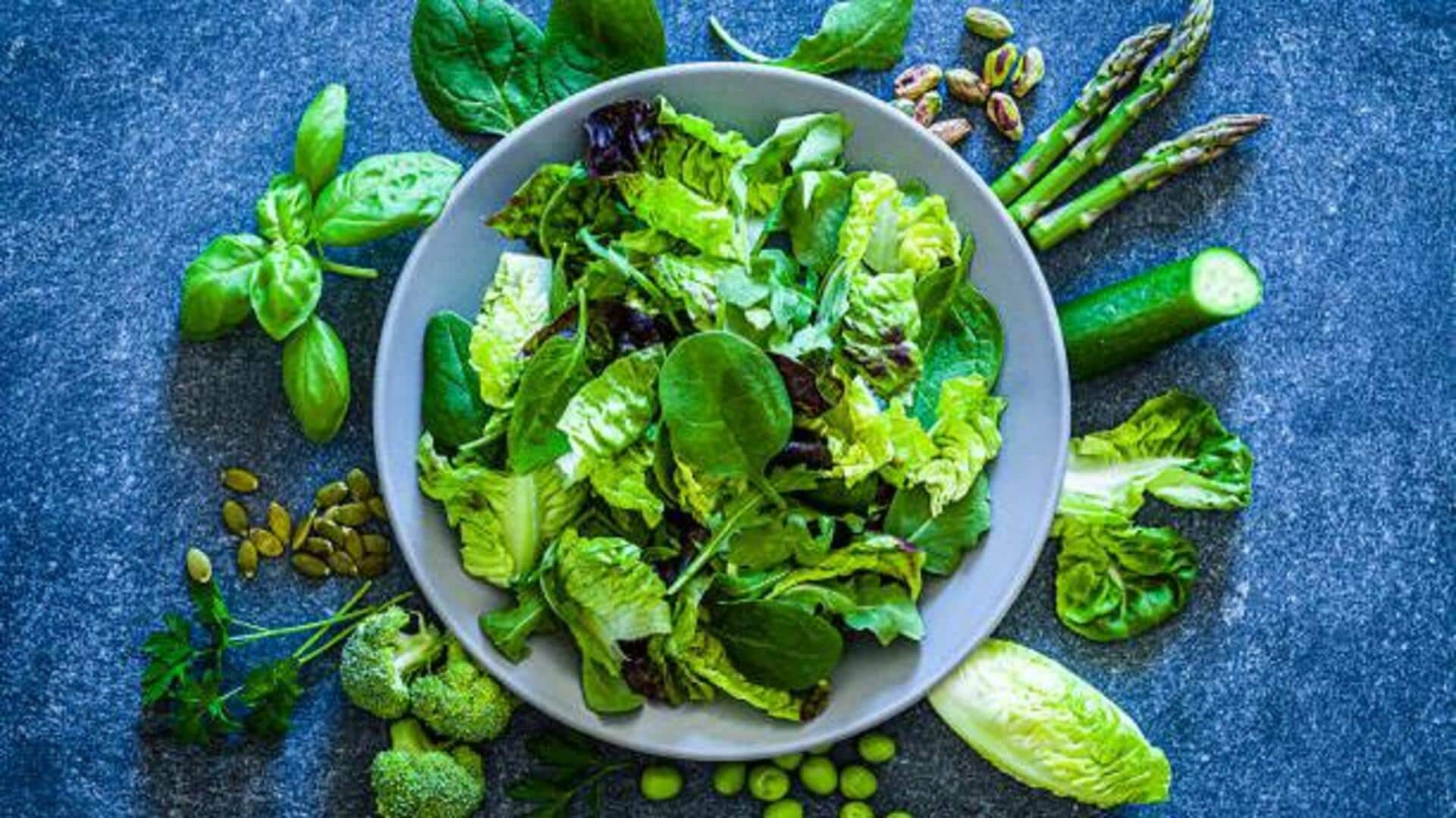
Add these iron-rich foods to your daily diet
What's the story
Iron is an essential mineral that is critical for the body, especially for the formation of red blood cells. Despite its importance, many believe that natural foods do not have enough iron content. This article aims to debunk this myth by listing various plant-based sources that are rich in iron, and sharing tips on how to incorporate these foods into a balanced diet.
Leafy greens
Leafy greens: A rich source of iron
Leafy greens like spinach, kale, and Swiss chard are some of the best sources of iron. Spinach, for example, has roughly 2.7 milligrams of iron per 100 grams. These greens also offer other nutrients like vitamin C and calcium. Adding leafy greens to your diet can drastically increase your daily iron intake while also providing other health benefits.
Legumes
Legumes: Protein and iron powerhouses
Legumes, such as lentils, chickpeas, and beans, are not just protein-rich but also an excellent source of iron. Lentils, for example, contain about 3.3 milligrams of iron per 100 grams. These foods are super versatile and can be added to a number of dishes such as soups, stews, and salads. This not just makes the food tastier but also increases its nutritional value by a mile.
Nuts & seeds
Nuts and seeds: Compact nutrient sources
Nuts and seeds are concentrated sources of nutrients, including iron. Among the best sources, pumpkin seeds lead the pack with about eight milligrams of iron per 100 grams. Adding nuts and seeds to snacks or meals can increase your intake of healthy fats, along with the essential minerals magnesium and zinc.
Whole grains
Whole grains: More than just fiber
Whole grains like quinoa, brown rice, and oats provide more than fiber; they are also rich in iron. Quinoa gives you around 2.8 milligrams of iron per cup when cooked. Adding whole grains to your meals promotes digestive health while adding to your overall nutrient intake.
Fortified foods
Fortified foods: An added boost
Fortified foods have been enhanced with additional nutrients, including iron, to help meet dietary needs more easily. Breakfast cereals often come fortified with up to 18 milligrams of iron per serving, depending on the brand chosen. This makes them an easy option for increasing daily consumption levels without much effort required from consumers themselves. They need only to select appropriate products at grocery stores nearby their homes or workplaces alike.